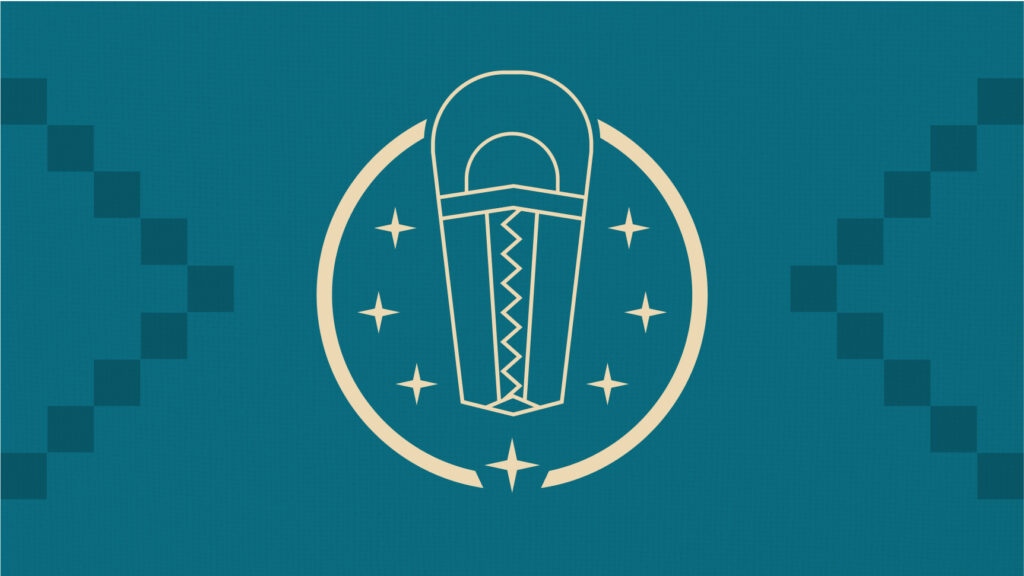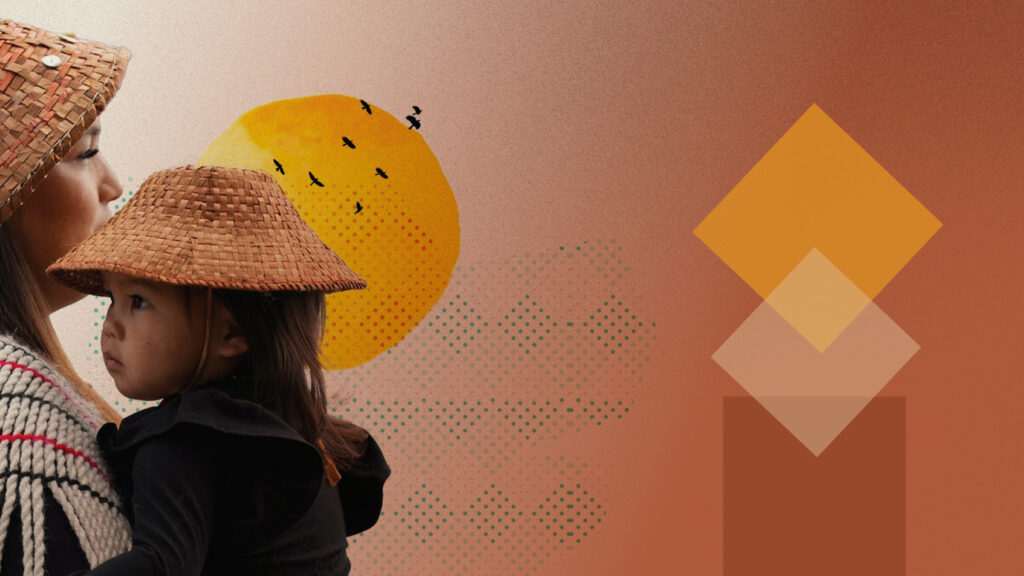2022 Spring NICWA News
Welcome to the spring issue of NICWA News. This issue embraces the theme of celebrating those who serve Native families. Everyone from the formal child welfare program and huge array of family support services, to those community and culturally based supports focused on prevention and family well-being, to relatives and neighbors who check in when they see a family struggling to offer help or support serve Native families. According to our traditional beliefs and values, raising and nurturing children is a collective responsibility. We think of it as an “all hands on deck” enterprise. Especially given the challenging circumstances families face today, parents and children could use support in lots of different contexts, and there are lots of opportunities for each of us—no matter our formal role or relationships—to offer support.

